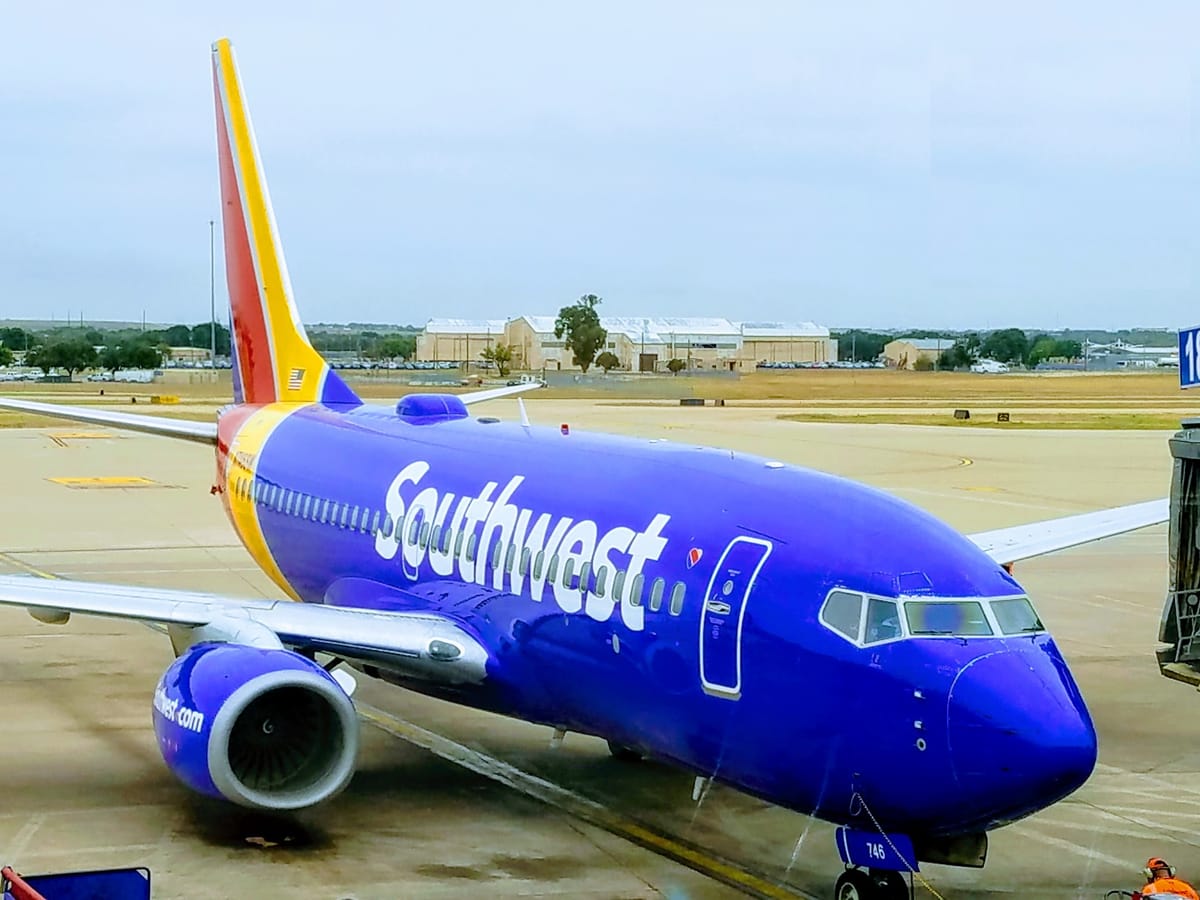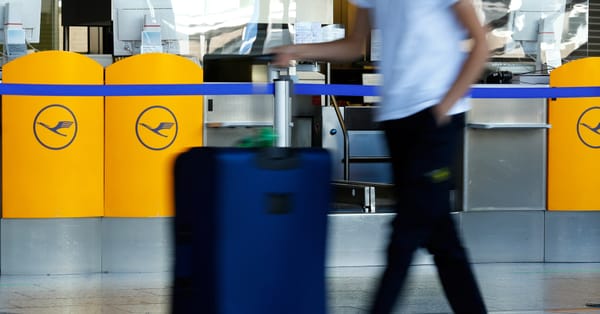Southwest adopts "poison pill" to block Elliott takeover.
Southwest Airlines faces pressure from Elliott Capital amid efforts to adopt a poison pill strategy, safeguarding against potential hostile takeovers.

Southwest Airlines has recently found itself in the midst of a battle for its future. The airline, known for its affordable fares and friendly service, has been under pressure from Elliott Capital, a hedge fund that has taken a nearly $2 billion stake in the company. Elliott Capital has been pushing for changes that would bring Southwest more in line with major competitors like American and JetBlue, including the introduction of baggage fees and basic economy fares.
In response to this threat, Southwest has adopted a “poison pill” strategy, a shareholder rights plan that would make any attempt by Elliott Capital to gain a controlling stake in the carrier prohibitively expensive. This move has certainly been subject to litigation, but Southwest’s board of directors believes it is a necessary step to protect the interests of the company and its shareholders.
How the Poison Pill Strategy Works
Under the terms of the poison pill strategy, the Southwest Airlines board declared a dividend of one right (a “Right”) for each share of common stock outstanding as of July 15, 2024. This significantly dilutes the ownership of any person or group that acquires 12.5% or more of the company’s common stock without board approval. Any such person or group is termed an “Acquiring Person,” and their Rights will become void.
Each Right entitles the holder to purchase one ten-thousandth of a share of common stock at a set price, subject to adjustments. Rights holders do not have shareholder rights (e.g., voting, dividends) until they exercise their Rights. Rights become exercisable upon the earlier of:
- Ten business days after a public announcement that a person or group has become an Acquiring Person.
- Ten business days after a tender or exchange offer is made that would result in someone becoming an Acquiring Person.
If a person or group becomes an Acquiring Person, other Rights holders can purchase additional shares at a discounted price, effectively diluting the Acquiring Person’s stake. If the company is acquired after an Acquiring Person emerges, Rights holders can purchase shares of the acquiring company at a discounted price.
The Future of Southwest Airlines
The outcome of this battle for Southwest Airlines remains to be seen. Courts have frequently upheld poison pills as legitimate defensive measures against hostile takeovers, but they must demonstrate that the plan is a reasonable response to a perceived threat and that the board is acting in good faith pursuing the best interests of the company. The limited duration of the poison pill, along with clear, reasonable conditions for redemption or termination, make it more likely to be sustained.
In the meantime, Southwest Airlines continues to face challenges in a rapidly changing airline industry. The company has been grappling with the impact of the Boeing 737 MAX groundings, as well as increased competition from both traditional carriers and ultra-low-cost airlines. As the industry evolves, Southwest will need to find ways to maintain its competitive edge while staying true to its mission and values.
FAQs
- What is a poison pill strategy, and how does it work?
A poison pill strategy is a shareholder rights plan that companies adopt to make it prohibitively expensive for a person or group to acquire a controlling stake in the company without board approval. In the case of Southwest Airlines, the poison pill strategy involves the issuance of Rights that allow shareholders to purchase additional shares at a discounted price if someone becomes an Acquiring Person. - Why is Elliott Capital pushing for changes at Southwest Airlines?
Elliott Capital is seeking to replace top management at Southwest Airlines and introduce changes that would bring the airline more in line with major competitors like American and JetBlue, such as the introduction of baggage fees and basic economy fares. - Has Southwest Airlines adopted the poison pill strategy in response to Elliott Capital’s actions?
Yes, Southwest Airlines adopted the poison pill strategy in response to Elliott Capital’s efforts to gain a controlling stake in the company. The strategy is designed to make any attempt by Elliott Capital to acquire a controlling stake in Southwest prohibitively expensive. - How likely is the poison pill strategy to be upheld in court?
Courts have frequently upheld poison pills as legitimate defensive measures against hostile takeovers, but they must demonstrate that the plan is a reasonable response to a perceived threat and that the board is acting in good faith pursuing the best interests of the company. The limited duration of the poison pill, along with clear, reasonable conditions for redemption or termination, make it more likely to be sustained. - What challenges does Southwest Airlines face in the future?
Southwest Airlines is currently grappling with the impact of the Boeing 737 MAX groundings, as well as increased competition from both traditional carriers and ultra-low-cost airlines. As the industry evolves, Southwest will need to find ways to maintain its competitive edge while staying true to its mission and values.




